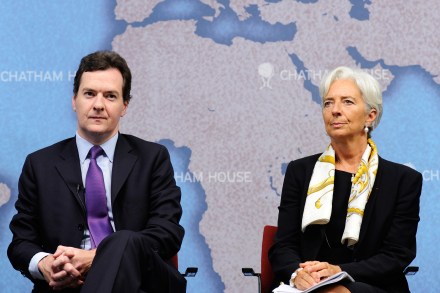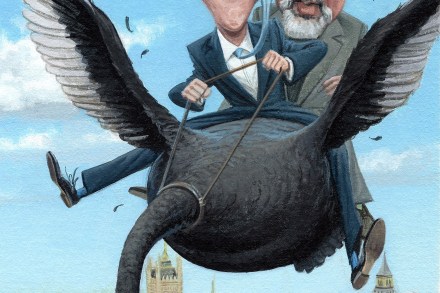Will bankers turn against bankers?
Today brings the news, distressing to some quarters, that HSBC is paying its chief executive Stuart Gulliver £7.2 million — making him the highest-paid banker in the UK for the financial year so far. The remuneration comes on the back of a 28 per cent jump in full-year profits, which means HSBC has bucked the dismal trend of other British banks. Still, as you might expect, it’s the buoyant figures denoting Gulliver’s pay — and those of the top 170 members of staff — that are making the headlines, with calls for HSBC to explain itself. This is part of the regular drumbeat against financial ‘fat cats’ that’s been





















